‘Day Breaks’: Norah Jones’ Shining Return To Her Jazz Roots
Smoldering and seductive, ‘Day Breaks’ found Norah Jones making a shining return to her jazz roots, while revealing how far she’d come.
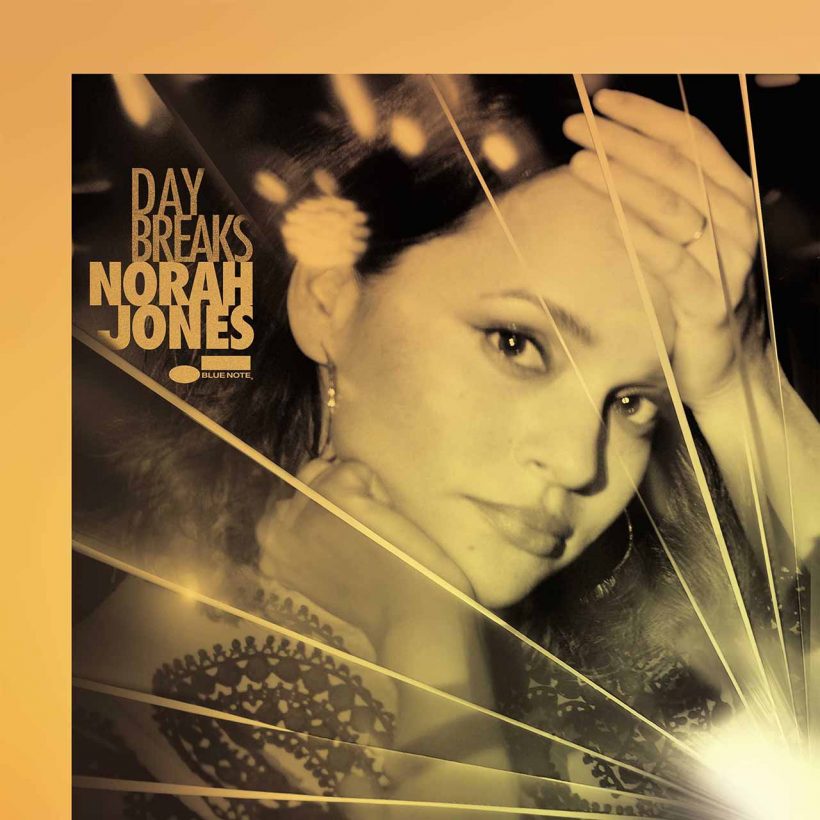
One of the undoubted musical high points of 2002 was the arrival of a young chanteuse from Texas who sang mellow, jazz-inflected pop with a perceptible country twang in her voice. Her name, of course, is Norah Jones, and her debut album for Blue Note, Come Away With Me, proved to be a remarkable one – not just for the fact that it was an alluring collection of performances from a gifted young singer and pianist who was later revealed to be the daughter of noted Indian musician Ravi Shankar, but also because it captured the attention of millions of people around the world (initially aided by the appeal of the single “Don’t Know Why”) and achieved gold, platinum, and even diamond sales figures. And, lest we forget, Come Away With Me netted Jones an astonishing four Grammy awards, including one for Album Of The Year. It kick-started an astonishing and varied career which has seen Jones veer into country, blues, indie, and folk-rock, and, with her 2016 album, Day Breaks, return to her jazz home.
Listen to the deluxe edition of Day Breaks on Apple Music and Spotify.
With her intimate voice and intimate, low-key style, Norah Jones became a bona fide global sensation following Come Away With Me. Proving that her first album was no proverbial flash in the pan, she achieved a similar commercial impact with her both her second LP, 2004’s Feels Like Home, and her third, Not Too Late, released three years later. It was after that that the New York-born singer began experimenting, reinventing herself as a guitar-toting troubadour who was keen to be a self-sufficient songwriter and stretch her musical boundaries. She was no longer content, it seemed, to be pigeonholed as a MOR songstress, but yearned to spread her wings and explore new sonic vistas. What resulted were two very different albums: The Fall, in 2009, followed by Little Broken Hearts, in 2012. They were courageous, groundbreaking records that were much edgier and darker than Jones’ previous releases, and showed her evolving into a mature artist who wasn’t afraid to take risks.
Given the exploratory direction of Jones’ albums, Day Breaks rather surprisingly put the then 37-year-old back behind a piano and singing in a jazz style again. But it wasn’t a case of merely rebooting the easy-on-the-ear, introspective approach that had defined Come Away With Me. Day Breaks, in fact, was more deeply committed to jazz than any of the singer’s previous records and boasted a core rhythm section comprising esteemed musicians John Patitucci (bass) and Brian Blade (drums), as well as noteworthy cameos from a couple of bona fide jazz legends (namely Wayne Shorter and Dr. Lonnie Smith).
What also made the more overt jazz style of Day Breaks different was that Jones was older and no longer the bright-eyed ingénue of 2002. Fourteen years on from her debut album, her vocals were now worldly-wise and even, at times, a little world-weary. It seemed that the sum of her life experiences up to that point had succeeded in bringing a deeper and darker hue to both Norah Jones’ voice and her musical sensibility.
Jones’ blossoming maturity as both a singer and a songwriter is immediately apparent on “Burn,” the grippingly cinematic opener on Day Breaks, which is hypnotically propelled by the rhythm section talents of Patitucci and Blade (the pair were brought to the project after Jones had played with them at 2014 concert in Washington, DC, celebrating the 75th birthday of Blue Note Records). Joining them is jazz deity Wayne Shorter, who contributes ethereal soprano saxophone lines and also guests on two other cuts, the title song and “Fleurette Africaine” (whose title translates as “African Flower”).
In sharp contrast, the gospel-infused slow ballad “Carry On” channels the spirit of Ray Charles, while the taut, driving “Flipside” – featuring jazz veteran and Hammond organ maestro Dr. Lonnie Smith – describes a tense relationship and a flight-or-fight situation. Different again is the gorgeous “And Then There Was You”: a dreamy, nocturnal reverie in which Jones’ voice is elegantly framed by a sonorous string quartet.
Elsewhere, and aside from her strong original material, Jones covers Neil Young’s “Don’t Be Denied” (from the Canadian singer-songwriter’s 1973 album, Time Fades Away), staying true to the spirit of the original, but imbuing it with her signature style. She also puts her own indelible stamp on a vocal version of Horace Silver’s classic jazz number “Peace” – a storming live performance of which opens the live portion of the Day Breaks deluxe edition – and plays some eloquent acoustic piano and contributes wordless vocals to a version of Duke Ellington’s melancholy tone poem “Fleurette Africaine.”
A year on from the album’s original release, the Day Breaks deluxe edition appeared as a 2CD set (or, for those who preferred the sound of vinyl, a limited 2LP pressing, presented in a silver foil cover). The additional live material on the second disc came in the form of concert recordings taken from a performance in October 2016, which coincided with the October 7 launch of Day Breaks, when Jones performed at the Sheen Center For Thought And Culture’s Loreto Theater in New York City.
Smoldering and seductive on these recordings, Jones is in mesmerizing form, singing from the piano while accompanied by drummer Brian Blade, bassist Chris Thomas and Hammond B-3 specialist, Pete Remm. Five live versions of songs from Day Breaks are featured (including “Peace,” an incendiary take on “Flipside” and a sultry “Fleurette Africaine”), along with a rousing “Out On The Road,” taken from the Little Broken Hearts album. Jones also performs “Sunrise,” from her sophomore LP, Feels Like Home, and, of course, no Norah Jones concert would be complete without material from her debut album – in this case, renditions of “I’ve Got To See You Again” and her biggest hit, “Don’t Know Why,” both written by Jesse Harris.
Blending old and new material, these nine supplementary live tracks, together with the main album, show that Norah Jones has come full circle with Day Breaks, a record that reaffirms her position as one of the leading vocalists of the 21st Century.


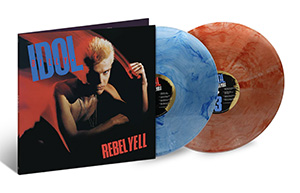
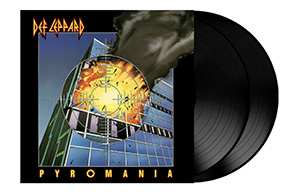
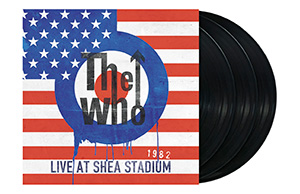



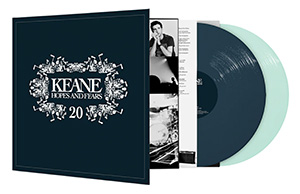
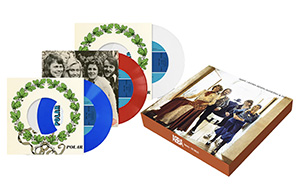
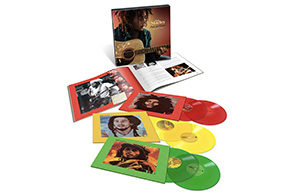
Gloria Reynolds
November 13, 2022 at 7:31 pm
Norah Jones had a song with these two lines, in particular, that I remember: I want the whole wide world to know, I’ll love you till I die. I don’t remember the title of the song, but I loved it so much! What is the title?